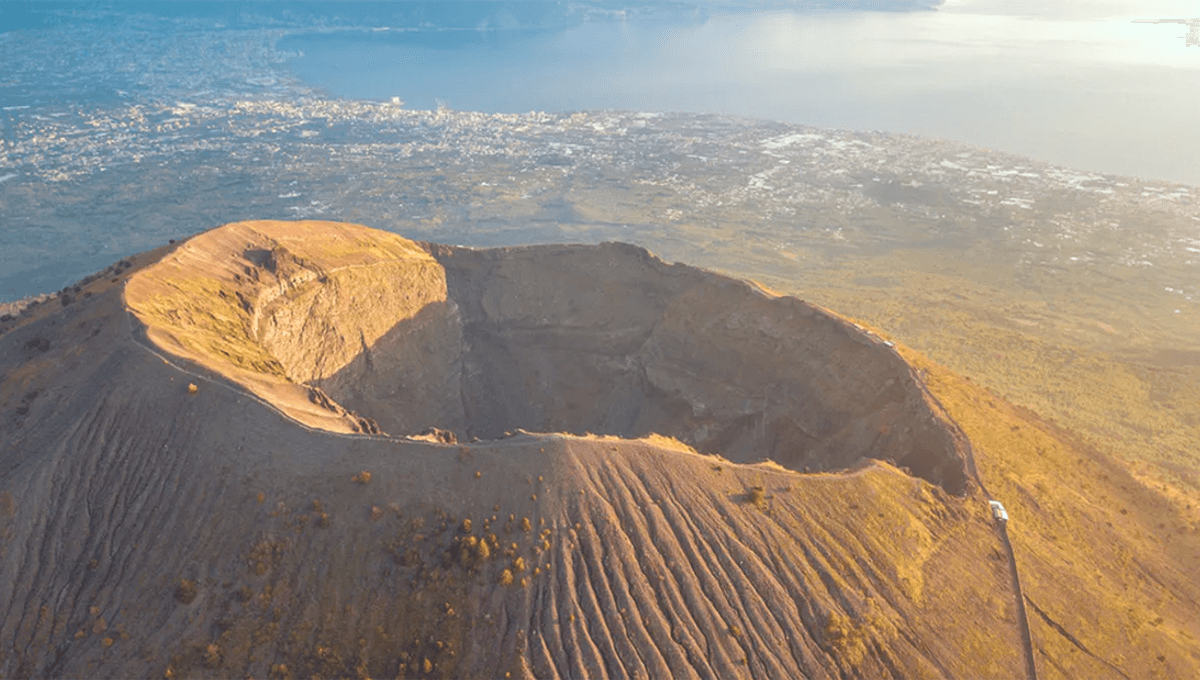
If anywhere is going to be cursed, it’s the ancient Roman city of Pompeii, where thousands of bodies are perfectly preserved by the volcanic ash and pumice from an extraordinarily powerful eruption that wiped out everything, including neighboring town Herculaneum, thousands of years ago.
Even rational people who know curses are Not A Thing might think twice about removing an ancient artifact from its eerie grounds, even after overcoming the obvious moral reasons why you shouldn’t steal historic items in the first place.
Not so for many tourists, apparently. Over the years, hundreds of items have been taken from the UNESCO World Heritage Site before either being returned in a fit of conscience years later, or because the thieves believed themselves cursed by the objects, usually sent back with letters of apology. So many so, in fact, that Pompeii has a permanent exhibition of these items and the accompanying remorse.
Gabriel Zuchtriegel, director of the archaeological park in Pompeii, recently shared such a note that had been placed at the site by a remorseful visitor.
“I didn’t know about the curse,” the letter reads, in all caps. “I didn’t know that I should not take any rocks. Within a year, I got breast cancer. I am a young and healthy female, and doctors said it was just ‘bad luck’. Please accept my apology and these pieces.”
Similar letters have been sent to Pompeii, accompanying artifacts.
“I am now 36 and had breast cancer twice,” one unfortunate visitor wrote in 2020. “The last time ending in a double mastectomy. My family and I also had financial problems. We’re good people and I don’t want to pass this curse on to my family or children.”
The curse is, of course, not a real thing. People are attributing bad or unlikely events in their lives to the artifacts after hearing about the supposed curse – a sort of confirmation bias, as well as a misunderstanding of statistics.
It may seem unlikely that one young person would get cancer one year after removing an artifact from Pompeii. But if a fair amount of young people remove artifacts from Pompeii, the odds are far shorter that one of this group will go on to develop cancer. If enough people took artifacts from, for example, an In-N-Out Burger, a small portion of them would go on to have terrible lives (this isn’t a burn on the customer base, merely statistics). Nobody would say that In-N-Out Burger is cursed.
The larger group of people who didn’t get cancer, or any other perceived bad luck, are the ones who don’t tend to shout about it. “I took this rock years ago and everything’s basically been fine” isn’t exactly an all-time great anecdote.
Source Link: Tourist Returns Stones To Pompeii Explaining "I Didn't Know About The Curse"